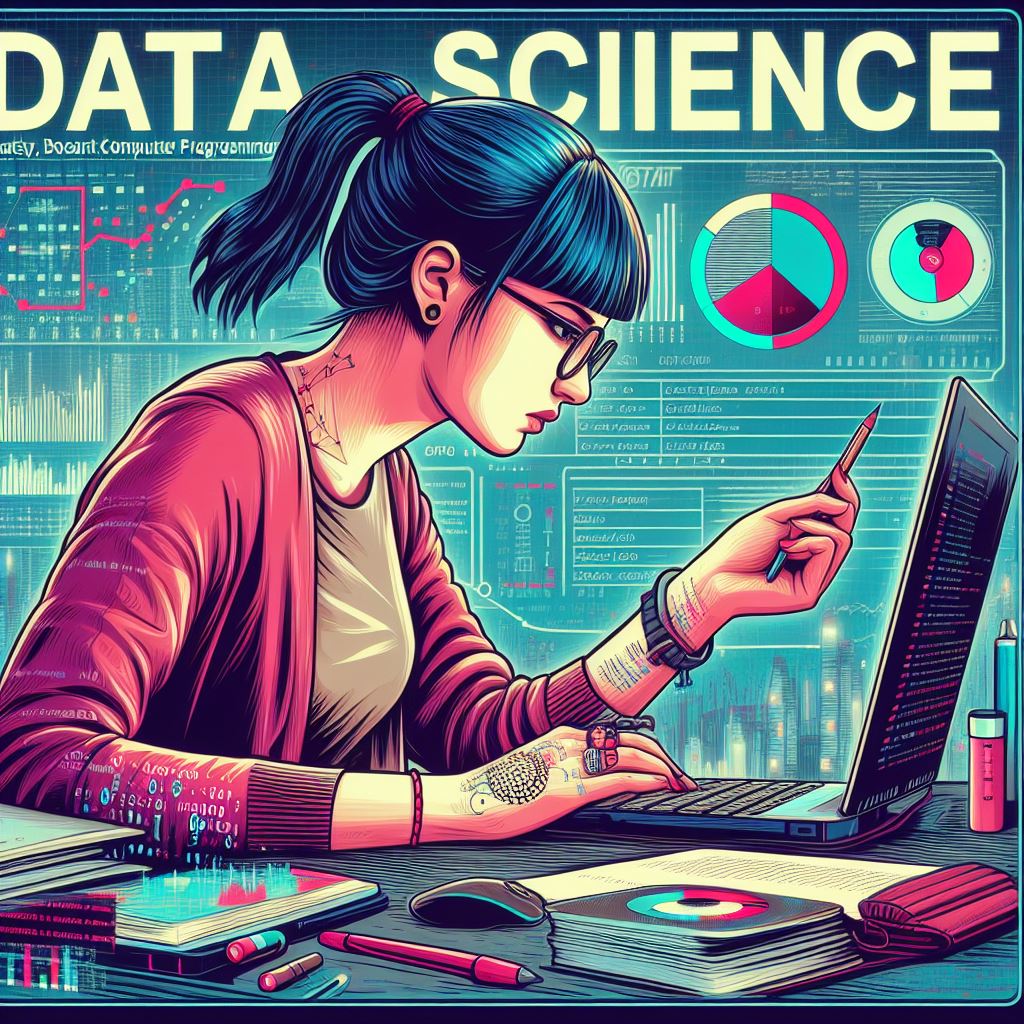In today’s digital landscape, Search Engine Optimization (SEO) is more critical than ever for businesses aiming to increase online visibility. With the constant evolution of search engine algorithms, traditional SEO methods are no longer enough to maintain a competitive edge. This is where Machine Learning (ML) and Artificial Intelligence (AI) come into play, transforming the way SEO strategies are developed and executed.
Machine learning, a subset of AI, has the ability to analyze vast amounts of data, identify patterns, and make predictions without explicit programming. By integrating ML into SEO, marketers can enhance content optimization, keyword targeting, and link-building strategies. For instance, ML algorithms can predict which keywords are likely to drive the most traffic based on current trends and user intent. This predictive capability allows businesses to adjust their SEO tactics proactively, ensuring they stay ahead of their competitors.
AI, on the other hand, is revolutionizing the way search engines like Google evaluate and rank content. Google’s use of AI, such as RankBrain and BERT, has transformed the way websites are ranked. RankBrain uses machine learning to understand the context behind search queries, while BERT helps Google understand natural language more accurately. This means that SEO now requires more than just keyword optimization; it demands high-quality, contextually relevant content that aligns with user intent.
One of the most powerful applications of AI in SEO is content creation. AI tools, such as GPT-based models, can generate SEO-friendly content that is both informative and engaging. These tools can help marketers craft content that is optimized for search engines, yet still resonates with readers. By using AI-powered writing assistants, businesses can save time and resources while still producing high-quality content that ranks well.
Additionally, AI can improve user experience (UX) on websites, which is a crucial ranking factor for search engines. AI-driven tools can analyze user behavior and identify potential issues in website navigation, page load speed, and overall design. By improving these aspects, businesses can enhance user satisfaction and increase their chances of ranking higher on search engine result pages (SERPs).
ML and AI also contribute significantly to link-building strategies. Machine learning algorithms can identify authoritative websites and assess their relevance to your content, making it easier to find high-quality backlinks. AI tools can also analyze competitor backlink profiles, offering valuable insights into the types of links that drive the most traffic and helping businesses develop a more effective link-building strategy.
The future of SEO lies in the integration of ML and AI, and businesses that embrace these technologies will have a significant advantage. As search engines continue to evolve, AI-powered tools will become essential for staying competitive in the digital marketplace. Marketers who use ML and AI to their advantage will not only optimize their SEO strategies but will also deliver a superior experience to their audiences.
To leverage ML and AI effectively in SEO, businesses should invest in tools and technologies that can automate data analysis, content creation, and optimization tasks. This will allow them to focus on developing more creative and strategic aspects of their SEO campaigns. By staying ahead of the curve and integrating these advanced technologies into their SEO strategy, businesses can achieve higher search rankings, increased traffic, and better overall performance in the digital world.
5
